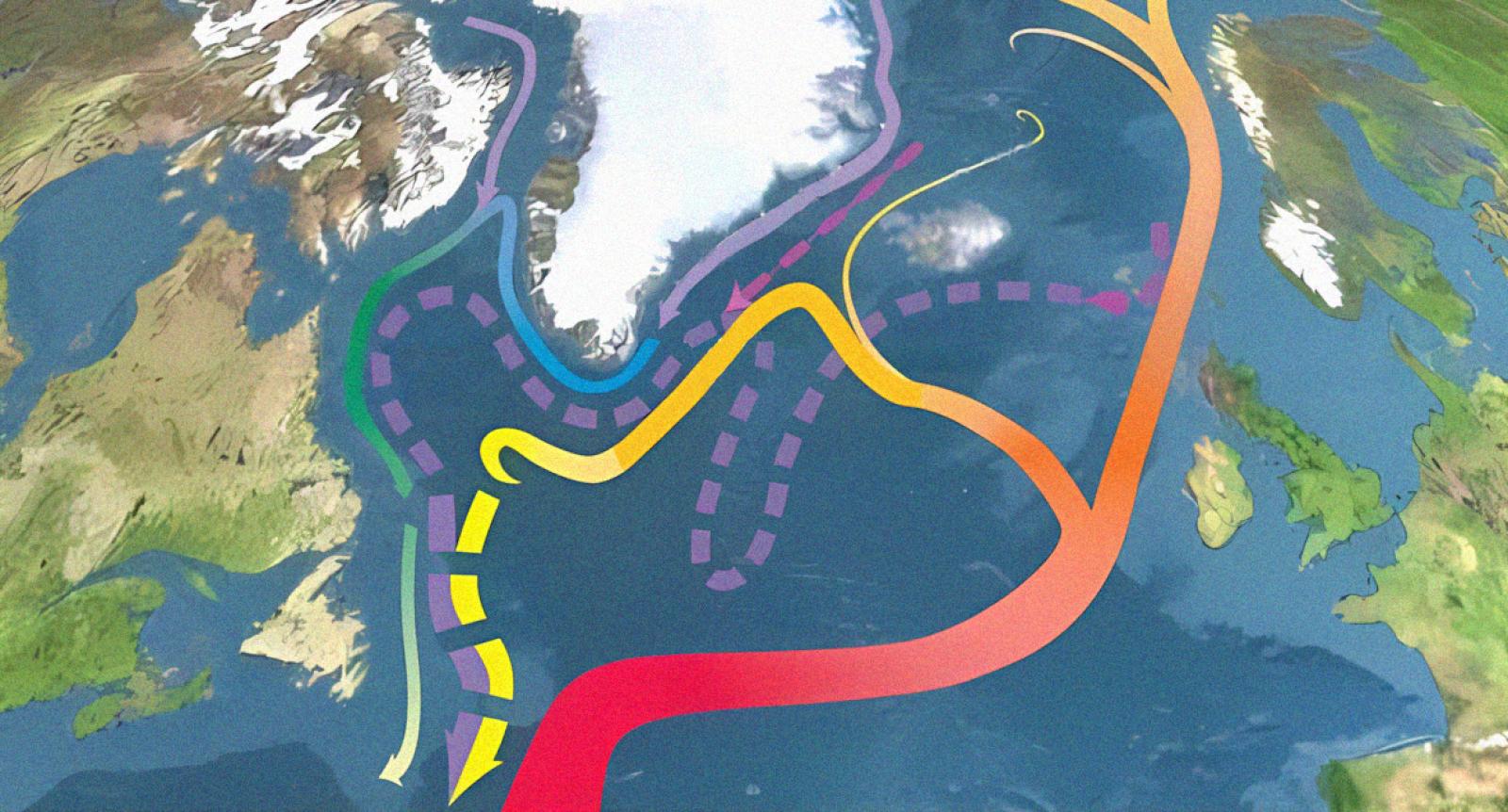THREE prominent Italian scientists were today honoured at the Quirinal Palace for mentoring and inspiring a generation of young scientists, receiving the 2013 Nature Award for Mentoring in Science.
Biologist Michela Matteoli (University of Milan) received the mid-career award and €10,000 prize. Chemist Vincenzo Balzani (University of Bologna) and Physicist Giorgio Parisi (University of Rome I, La Sapienza) were jointly presented with the lifetime achievement award and €5,000 each.
The prizes were presented by the President of the Italian Republic, Giorgio Napolitano; Editor-in-Chief of Nature Philip Campbell; and chair of the judges for 2013 Awards, Luciano Maiani.
Giorgio Parisi is known globally for his contributions to theoretical physics and his research on disordered systems, including the development of a systematic theory for spin glasses and glass transition. Currently professor of Theoretical Physics at the University of Rome I, La Sapienza, Parisi has inspired up-and-coming physicists for more than 40 years.
One of his most notable alumni and first students, Roberto Benzi, who is a Professor of Theoretical Physics at the University of Rome, Tor Vergata describes Parisi as "a wonderful teacher and a source of continuous inspiration."
Former student Guido Martinelli, who is the Director for the International School for Advanced Studies (SISSA) of Trieste, said: "Many students wish to work with Giorgio not only because of the extraordinary quality of his research, but also because he is a very nice, approachable person. As a result, he has produced generations of exceptional physicists in different fields, who now have positions in important research institutes and universities all around the world."
Vincenzo Balzani has been described by many as a pioneer working in photochemistry and photo physics, and is one of the world’s most cited chemists. He graduated from the University of Bologna in 1960 and went on to teach Chemistry there for more than 30 years between 1973 and 2011. He has been an Emeritus Professor of Chemistry at the University of Bologna since 2011.
Dr Nicola Armaroli, a research director at the Consiglio Nazionale delle Ricerche (CNR) and previous student of his, described him as "the most original, productive and illustrious Italian chemist, who was born to teach science."
Professor Leif Hammerström, Chair Professor of Chemical Physics at Uppsala University, Sweden credits Vincenzo’s conceptual thinking and creativity as the main influence behind the highly reputable school of inorganic photochemistry in Italy. "He lets young researchers shine forth and his creativity has been an exceptionally influential source of inspiration throughout the world of science," he says.
Michela Matteoli is an internationally respected neuroscientist and a Professor of Pharmacology at the University of Milan. She started her own research laboratory at the CNR Institute of Neuroscience in 1992 and has since taught researchers from across the globe. “Michela is always open to innovative approaches, and has a unique capability to successfully interact and collaborate with key neuroscientists around the world. Moreover, she is an outstanding teacher, able to attract to the laboratory the best and more enthusiastic students,” says Claudia Verderio, senior CNR researcher.
Launched in 2005, the annual Nature Awards for Mentoring in Science recognize outstanding scientific mentorship and focus on a specific country or countries each year, and 2013 focused on Italy. Nature is the leading weekly, international scientific journal.
Editor-in-Chief of Nature, Philip Campbell, said: "In an era when laboratories are under great pressure to be competitive, it is essential that they maintain the technical robustness and ethical integrity of their science, while also empowering creativity. Thus the mentoring of young researchers has never been more important. And good mentoring by laboratory heads is not a skill that can be taken for granted. That’s why I am so delighted this year to celebrate outstanding mentoring within an illustrious scientific culture: that of Italy."
More information about the Nature Awards for Mentoring in Science is available atwww.nature.com/nature/awards/mentorship/.

